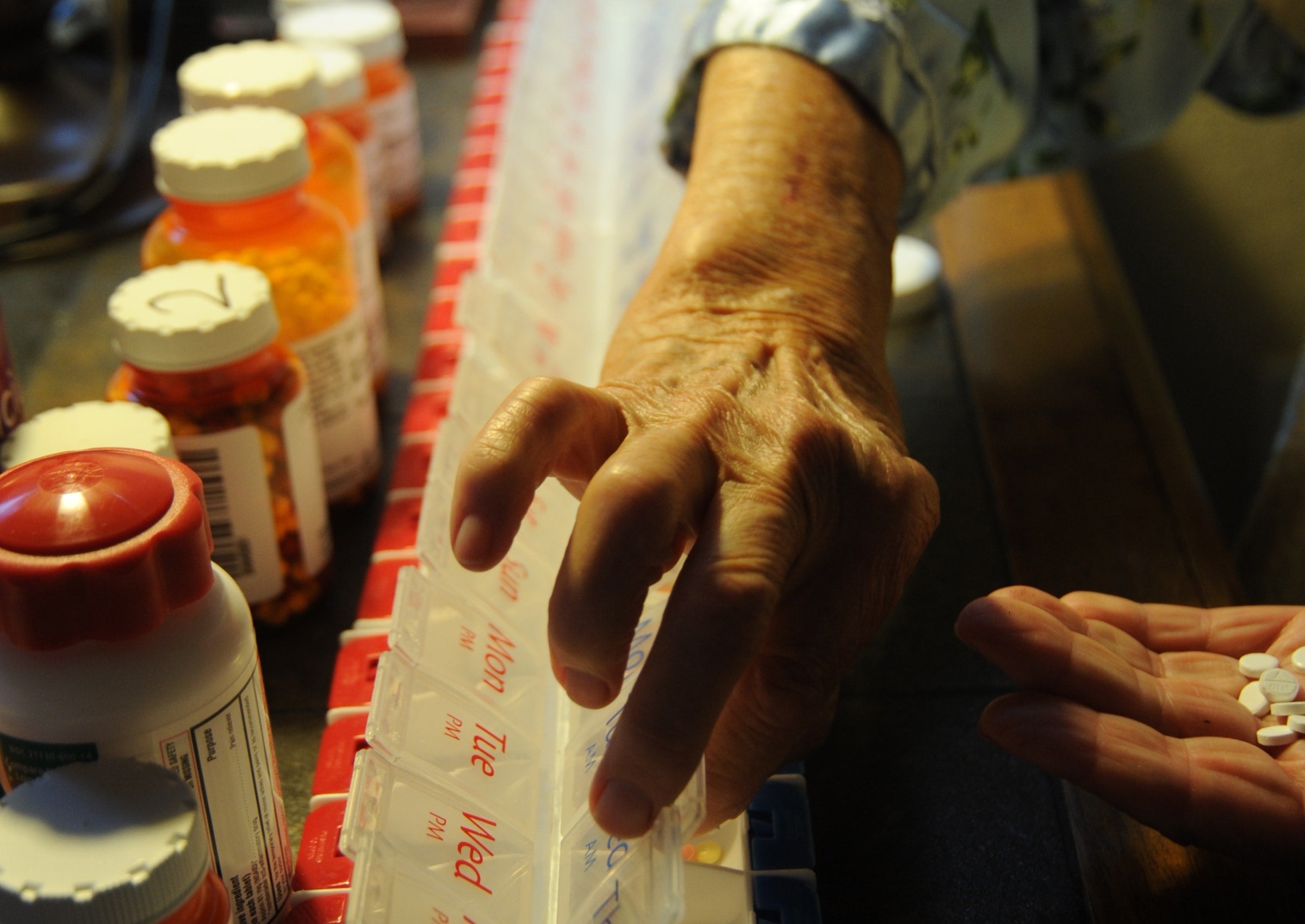Medicare Part D Changes Improve Access to Critical Medications

Issue
High out-of-pocket costs for prescriptions are a significant problem for patients and contribute to nonadherence to medications. The Inflation Reduction Act’s Medicare Part D changes included two key provisions based on ideas first recommended by one of our associate directors.
Results
One of the underappreciated parts of the Inflation Reduction Act, signed into law by President Joe Biden in 2022, is a section on changes to the Medicare Part D prescription drug benefit design.
This section fixes issues with the Medicare Part D design that were highlighted by a team at the University of Pennsylvania led by Professor of Medicine and CHIBE Associate Director Jalpa Doshi, PhD. This team worked on a series of papers that demonstrated that patient out-of-pocket costs (that were “too much and too soon” in the calendar year) under Part D are associated with markedly higher rates of abandonment of new specialty drug prescriptions; reductions and delays in treatment initiation following a new diagnosis or disease progression; treatment interruptions; and earlier discontinuation of specialty drug treatments.
This section of the Act includes two key provisions that were first proposed by Dr. Doshi’s team in two papers that won back-to-back awards in a 2016 and 2017 national challenge call for papers on strategies to improve access to critical medications organized by Patient Access Network (PAN) Foundation and the American Journal of Managed Care. In addition to research publications, the team disseminated these two ideas to fix the Part D cost sharing design via more digestible communication for policy audiences, such as a Health Affairs blog, interviews on panels such as The Hill’s health care event, policy poster, and an infographic in collaboration with the PAN Foundation that was shared with Congressional staffers and in written testimony.
Specifically, the two provisions based on the ideas first recommended by her team that have become part of the law with President Biden’s signature are the following:
- People with Medicare Part D drug plans will for the first time have an annual out-of-pocket maximum and not pay more than $2,000 per year for medications, effective 2025.
- Part D plans will offer enrollees the opportunity to spread out and pay their out-of-pocket costs for prescription medications in monthly installments (“smoothing”), including a monthly limit, effective 2025.